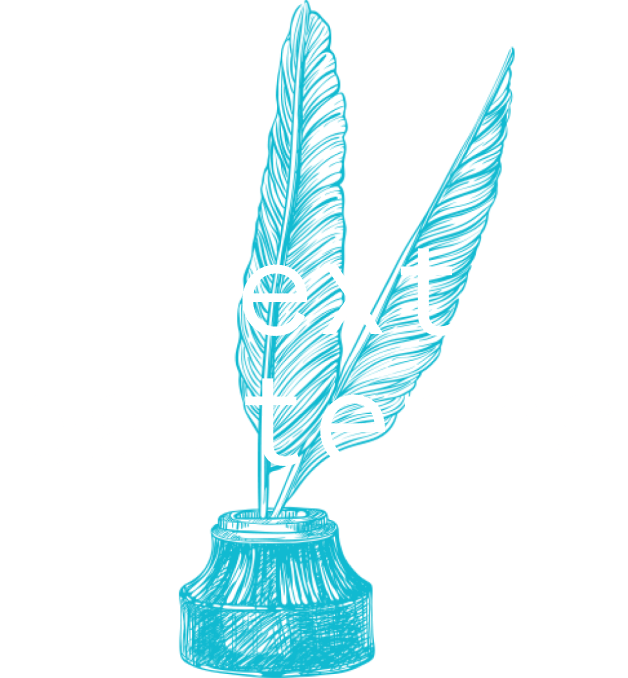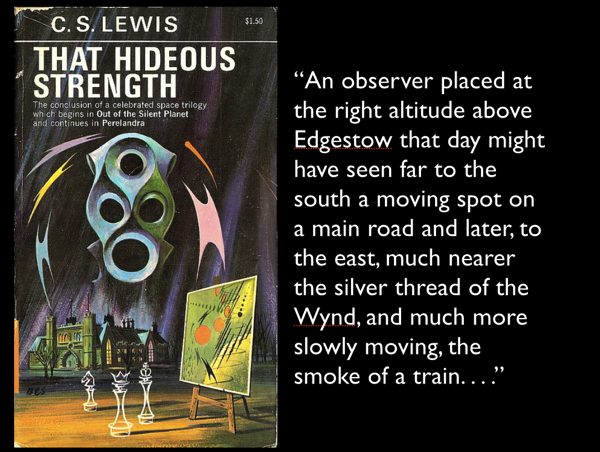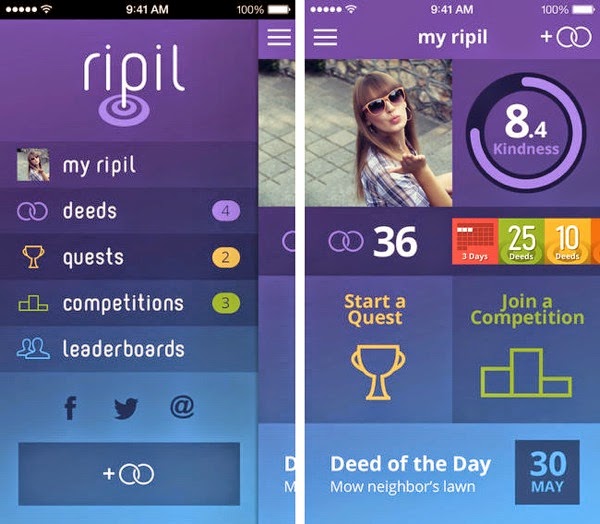August 5, 2014
advice about advice about the scholarly life
I’m going to disagree, a bit, in a way, with Robert George’s Advice to Young Scholars: Although it is natural and, in itself, good to desire and even seek affirmation, do not fall in love with applause. It is a drug. When you get some of it, you crave more. It can easily deflect you from your mission and vocation. In the end, what...


